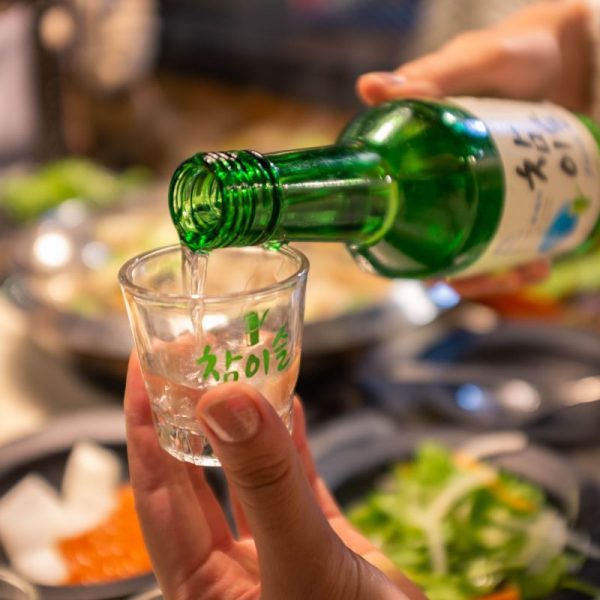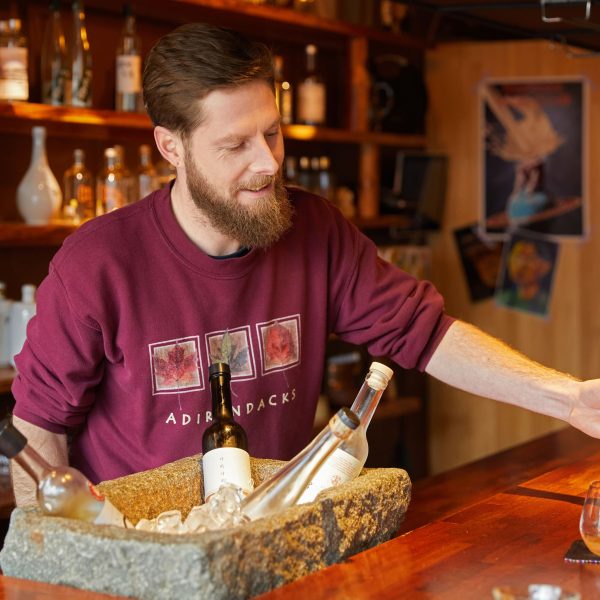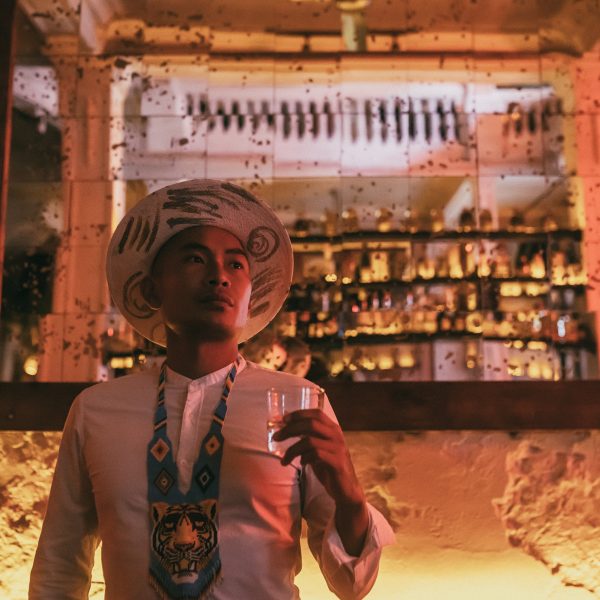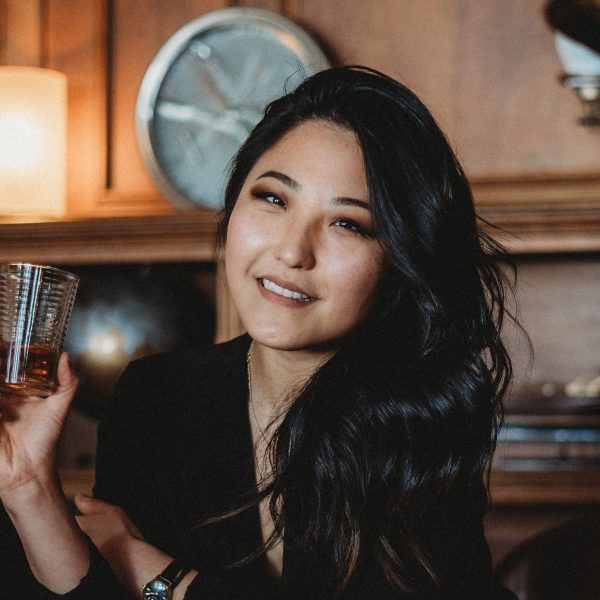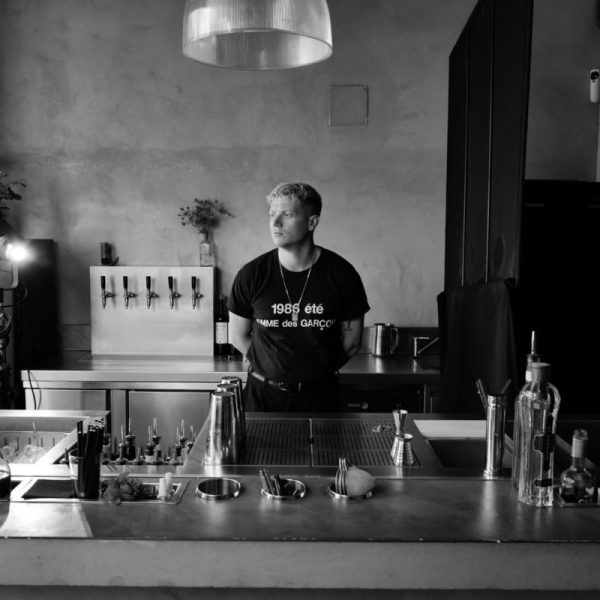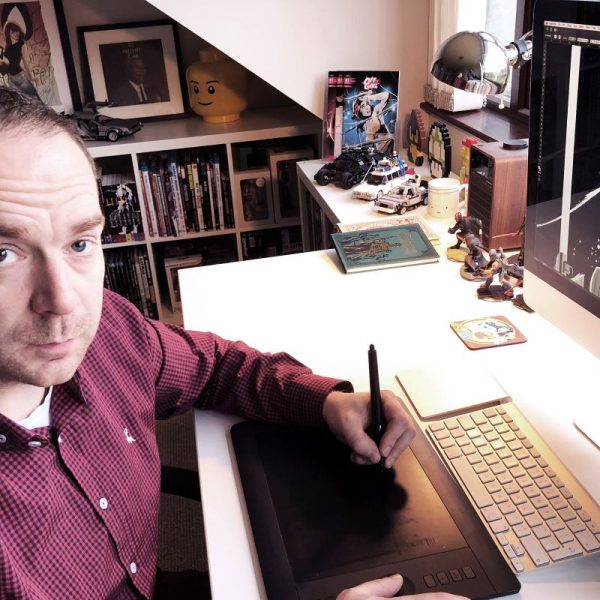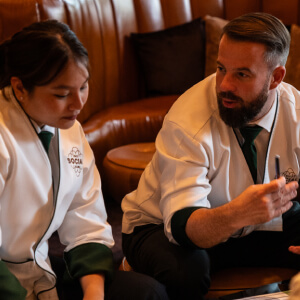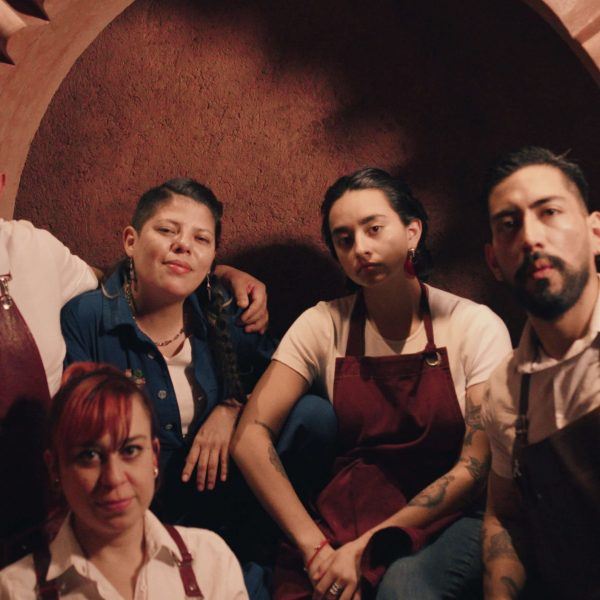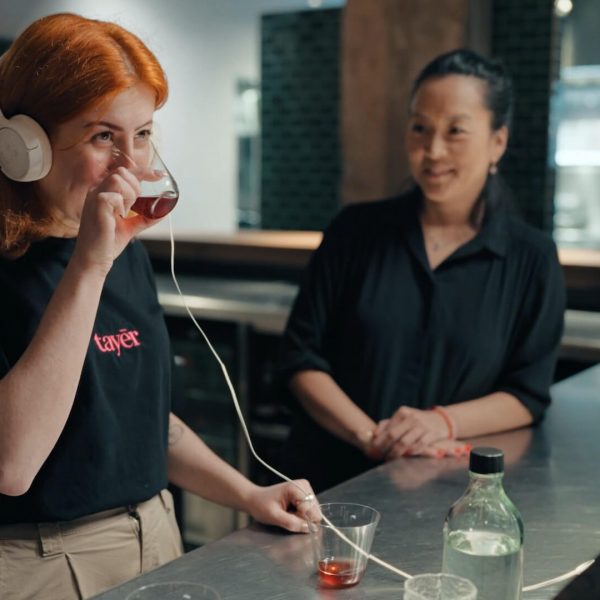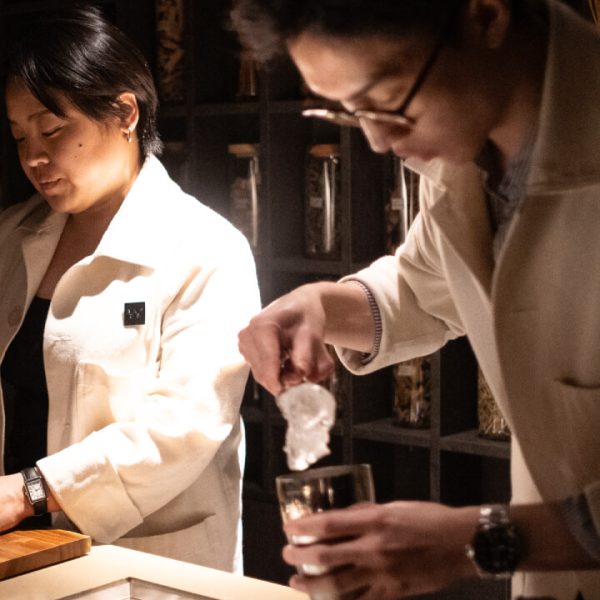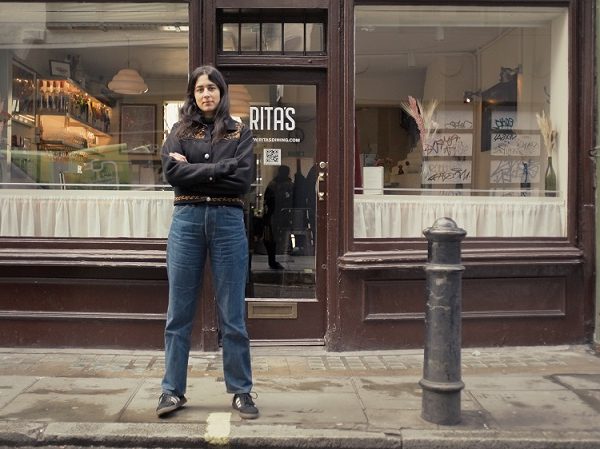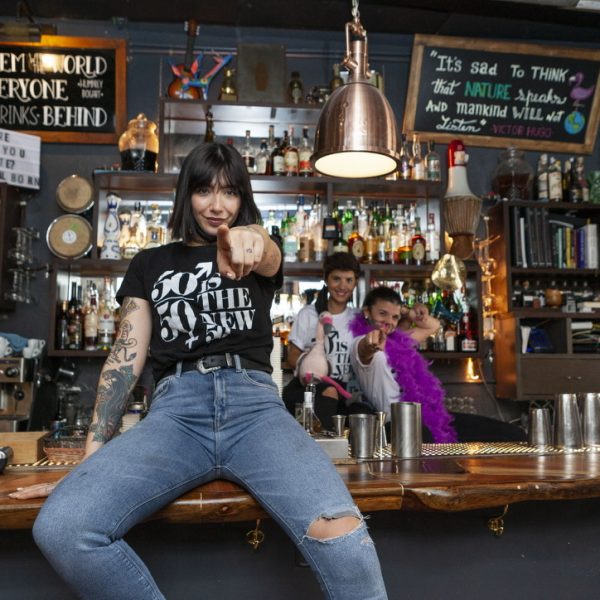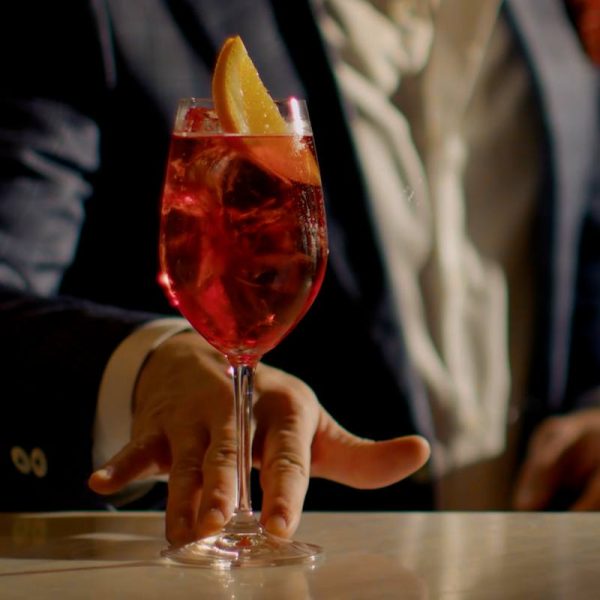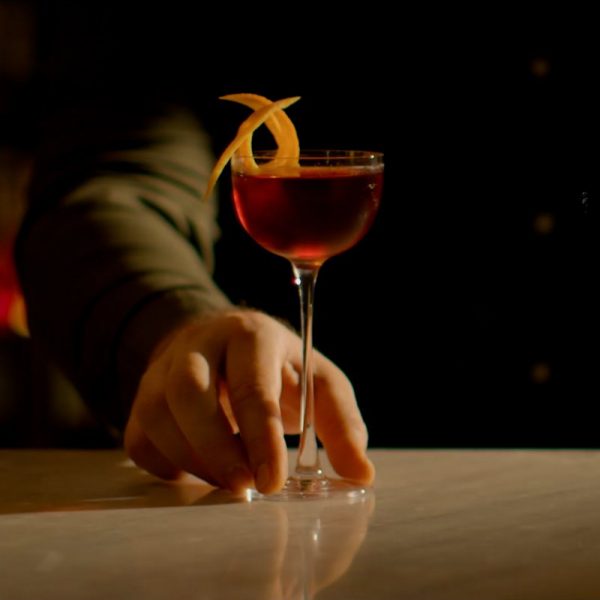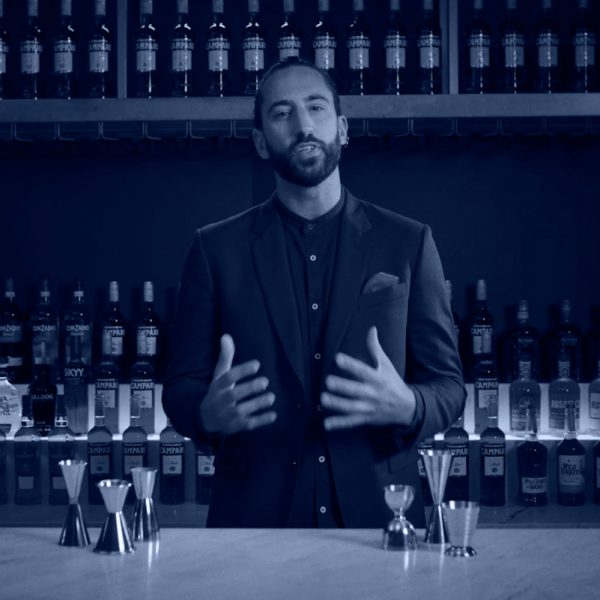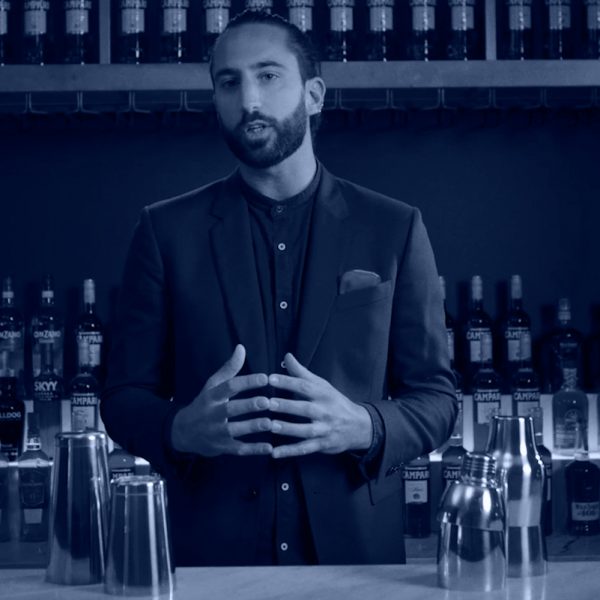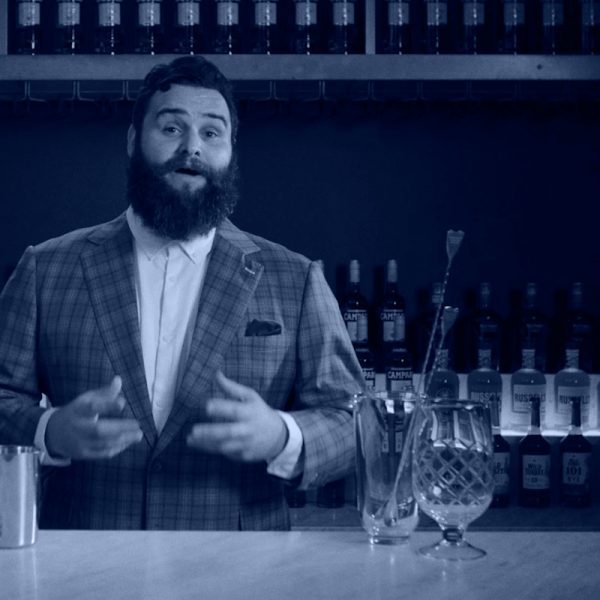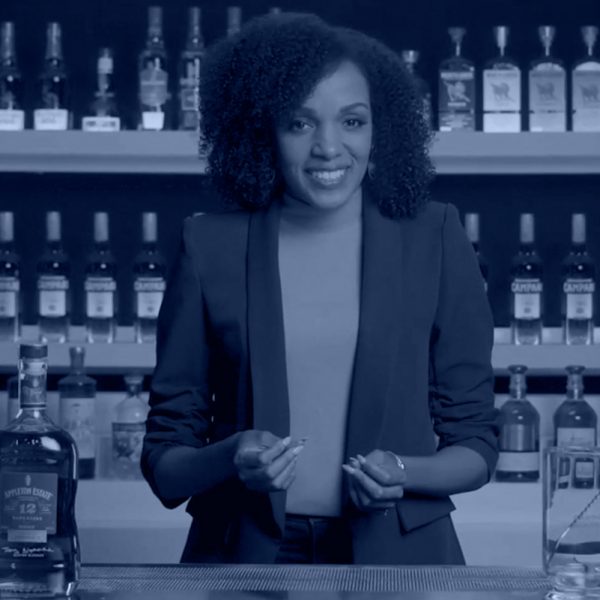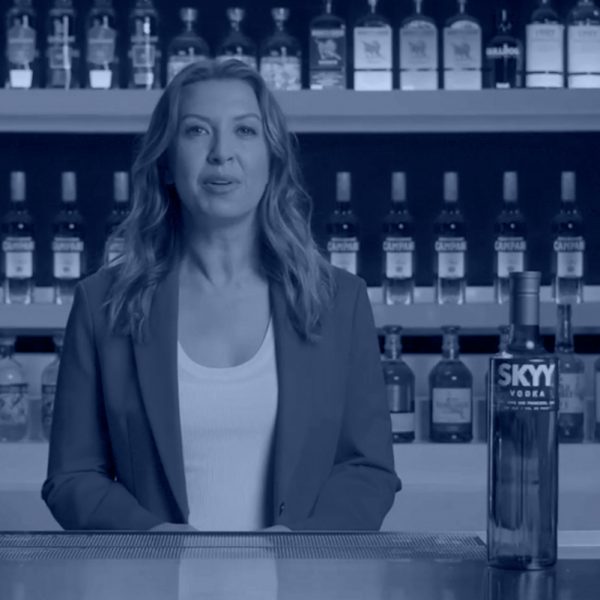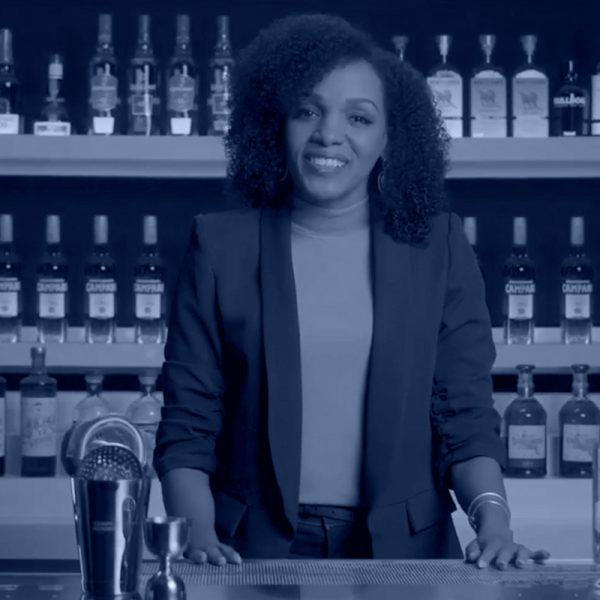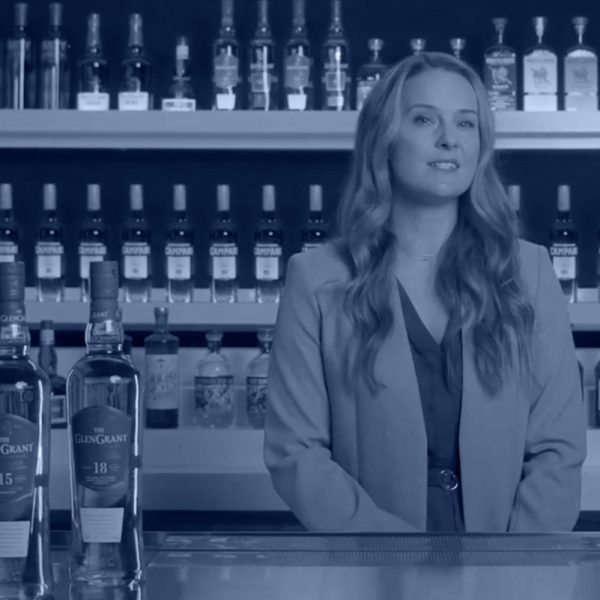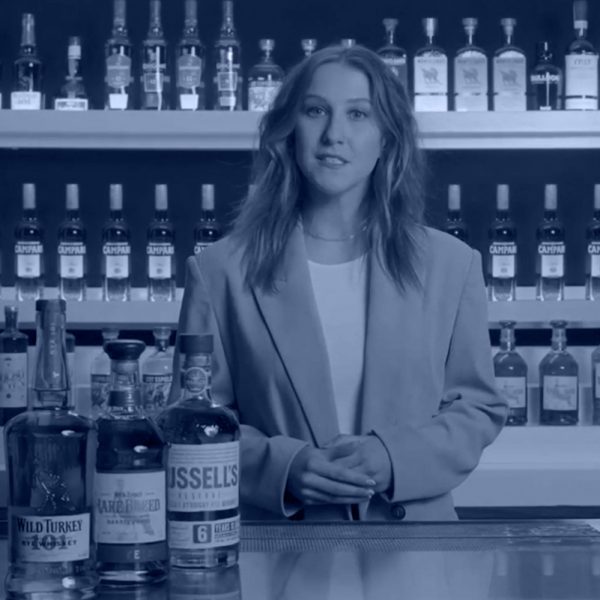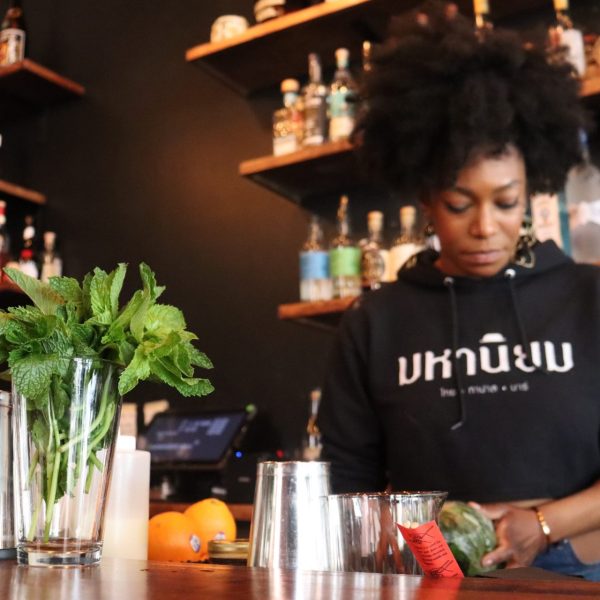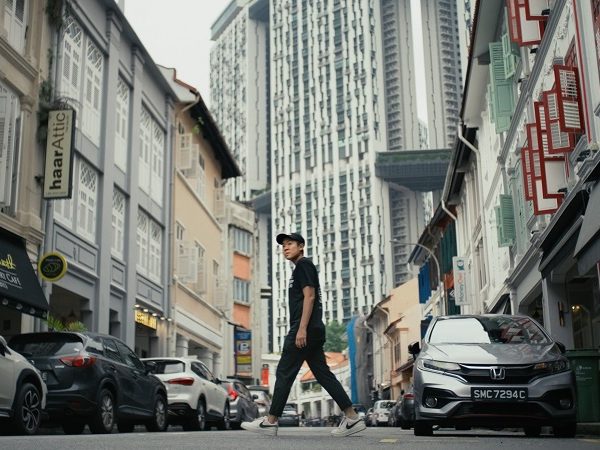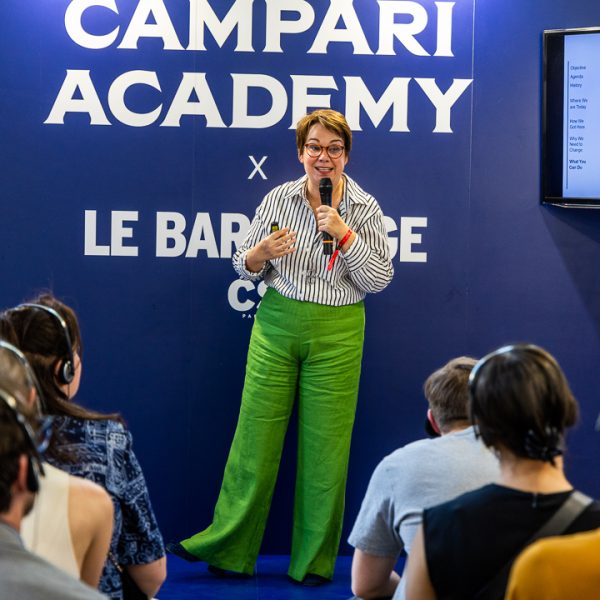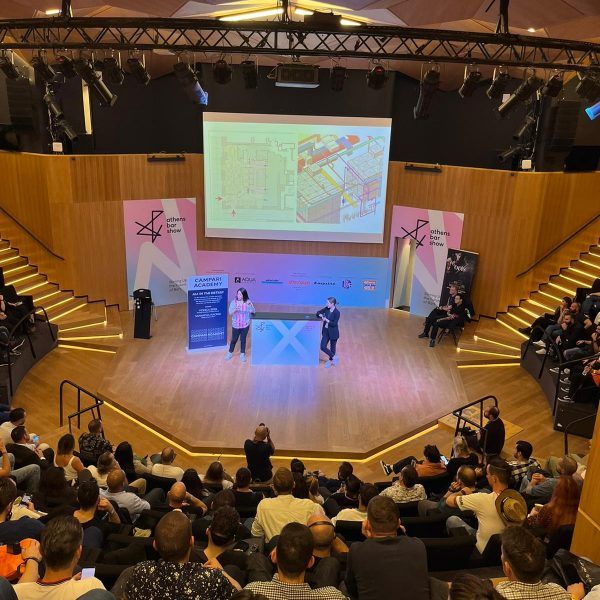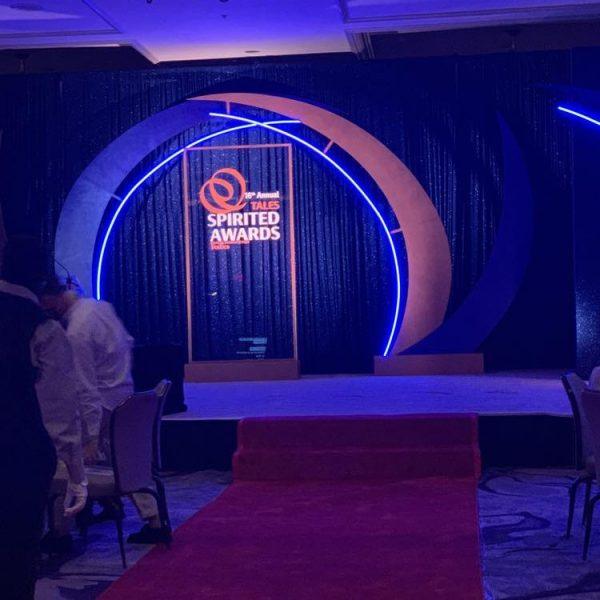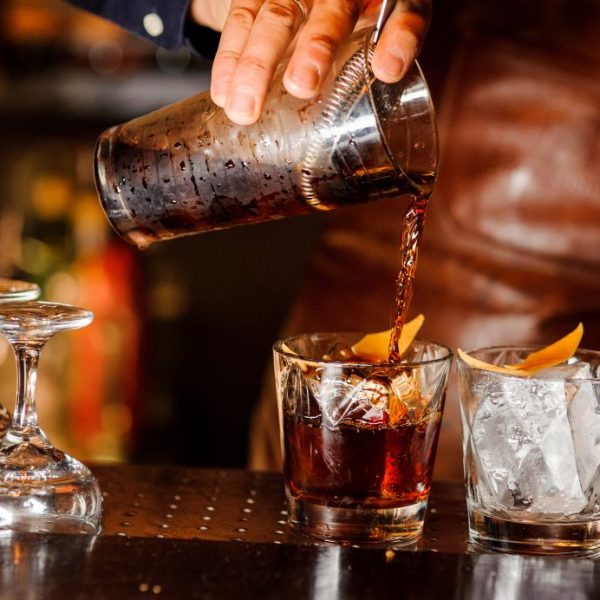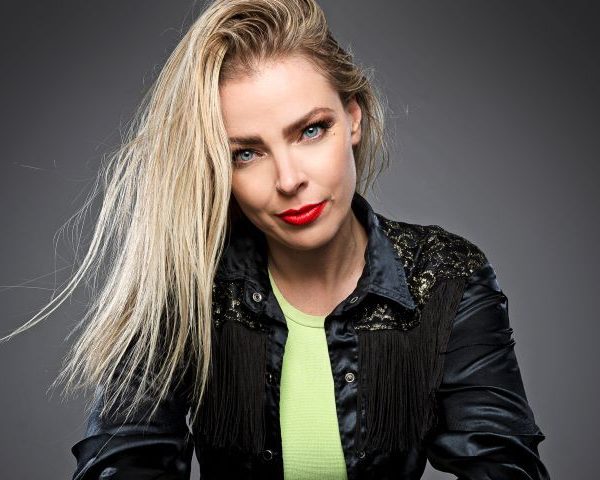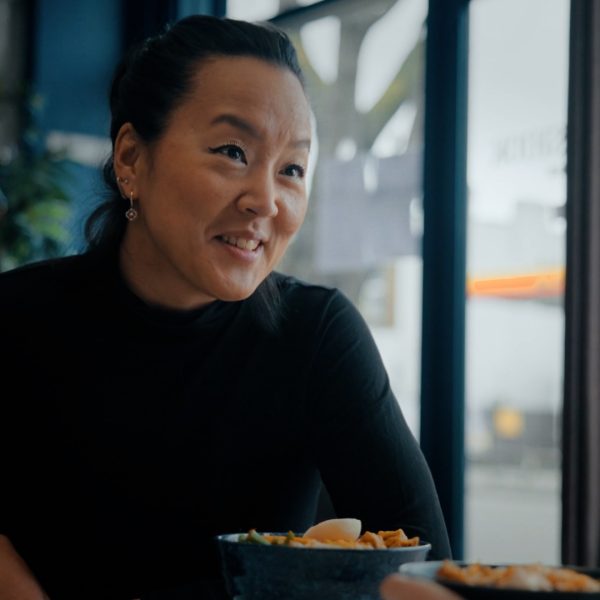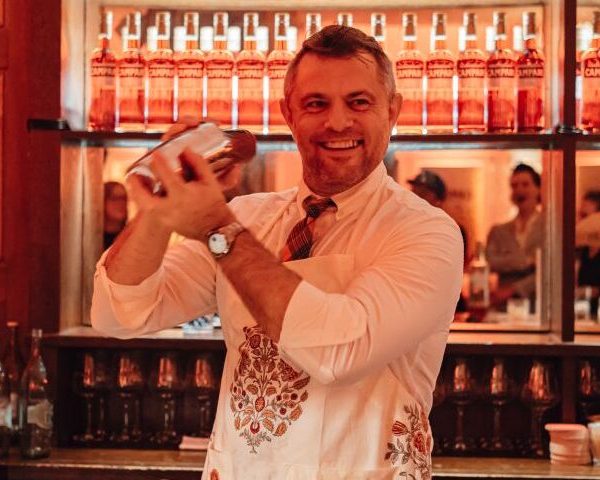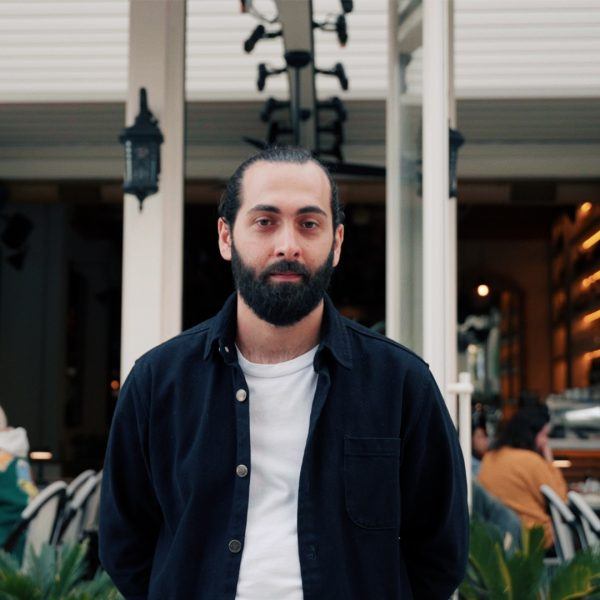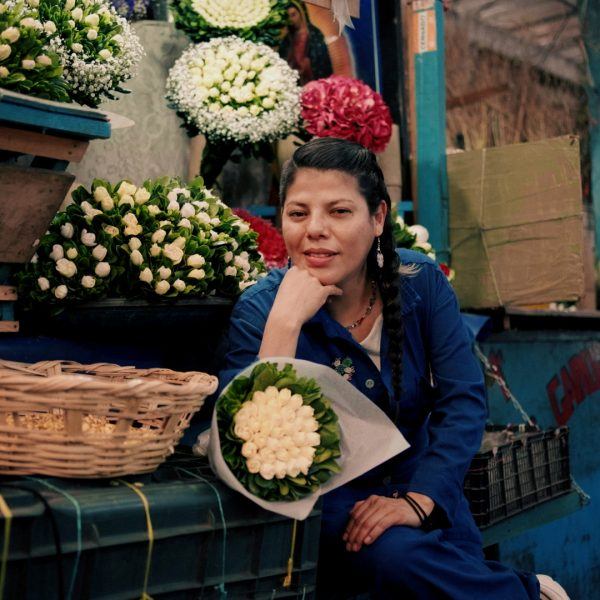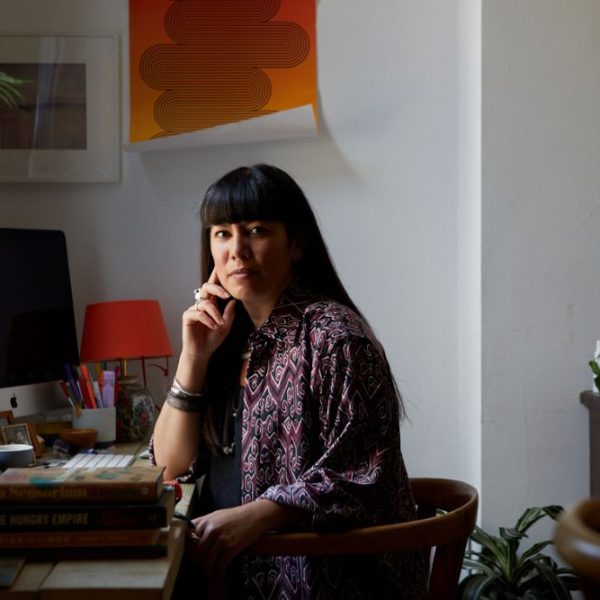Change at the top: Lorraine Copes on restructuring for representation
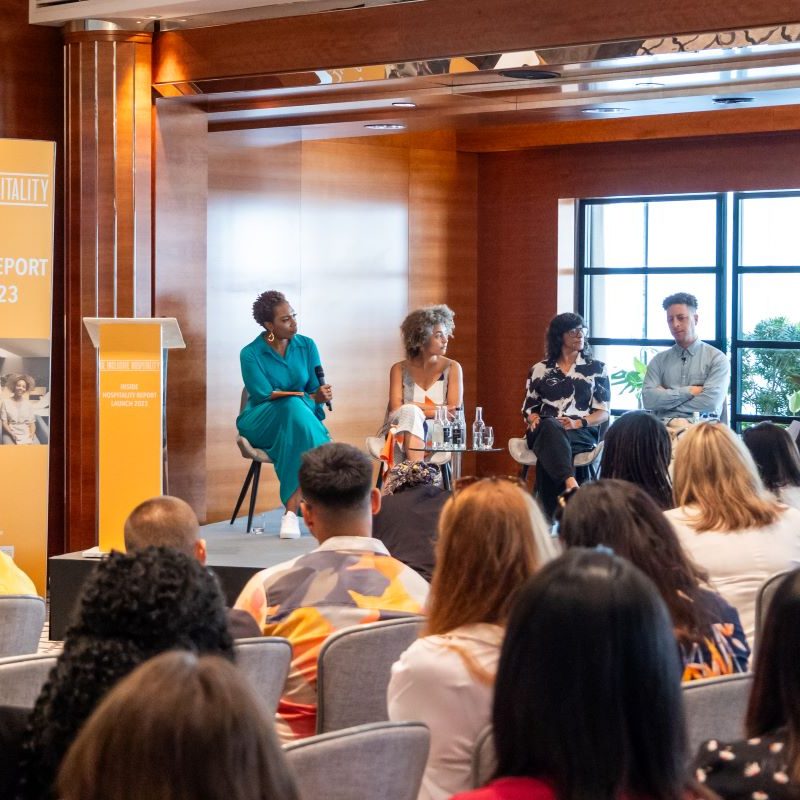
Founded by Lorraine Copes in 2020, Be Inclusive Hospitality is a non-profit organisation which works in education, information and equity for people of colour in hospitality. But it’s far from simple
Out of a pool of 3,120 people working at all levels of hospitality across the UK, only 25% have participated in EDI (Equity, Diversity and Inclusion) education or workshops. A significant proportion (32.1%) do not even know if their company has a written EDI statement. These are examples of many confronting findings from Be Inclusive Hospitality’s Inside Hospitality 2023 report. Lorraine Copes’s non-profit organisation, which she founded in 2020, is fuelled by a strong and important purpose: “Advancing racial equity in hospitality, food and drink industries”.
“Technically speaking, in hospitality there is an over-representation of people of colour in each team: the problem is the roles they are able to access.”
Copes’s major goal is to shine the spotlight on the inequalities that still, largely, loom over the hospitality business. People of colour have always been underrepresented in positions of influence and the supply chain in the UK hospitality industry, which has led to the organisation forming to bring the conversation to the table.
But at a closer look, the crux of the topic hat really needs to be discussed at a deep level is much more subtle and important than has historically been addressed: “Technically speaking,” Copes explains, “in hospitality there is an over-representation of people of colour in each team: the problem is the roles they are able to access. Back of house, lower-income positions: they are mostly occupied with people of colour, who are not getting the same opportunities to develop their career as other areas.”
The reasons behind this underlying problem are indeed multiple, all of them related to different areas of our society. According to Copes, the major one is affinity bias: “It is the natural inclination that causes people to support and advocate for other individuals that look like them. It’s quite complex to dig all of the details and the reasons, but there is definitely a barrier to progress for people of colour in the industry.” What’s needed, then, for people of colour to access these opportunities?
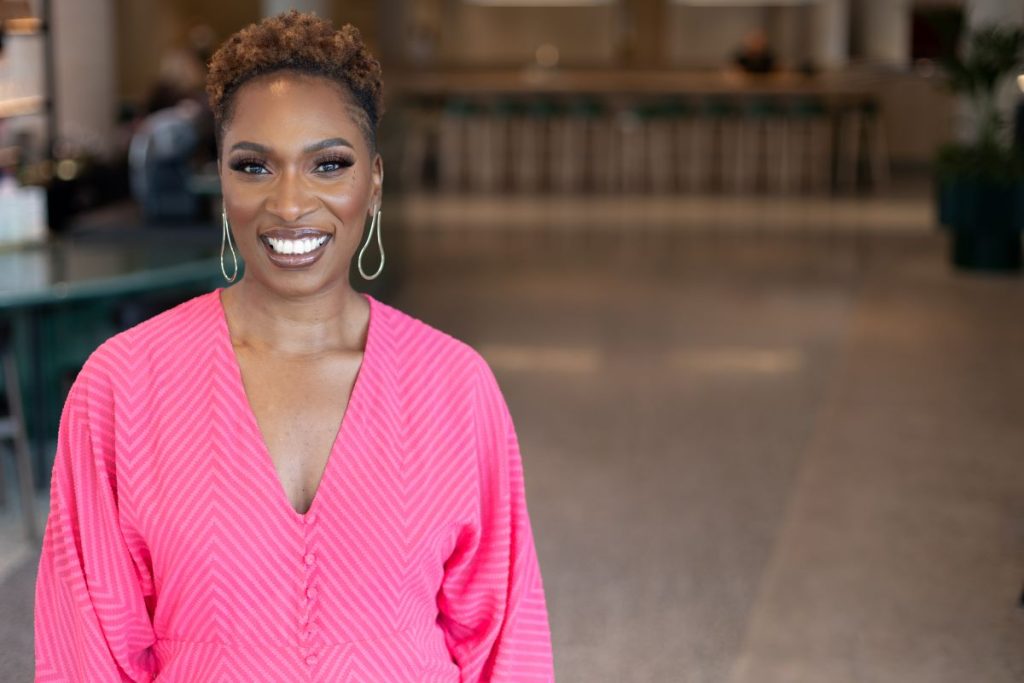
Words don’t solve problems
Comprehension of the subject, and a platform for people to be heard are both pivotal first steps to be taken. According to Be Inclusive Hospitality research in 2018/2019, “In the UK, 17.83% of the sector is represented by people of colour, which is on par with the rest of the UK, overall”. “We know that diversity is there,” explains Copes, ‘but the access to move forward is not, largely.” Be Inclusive Hospitality pushes to amplify the voices that make the category: people of colour who are in a position of leadership are interviewed, and their profiles are shared on a platform, so that people upcoming in the industry can actually see role models in a way that otherwise they could not.
“The hospitality business is a reflection of our society. I think when you look society-wide, there are structural issues, and hospitality reflects it.”
Words do not solve problems. Actions need to be made, stands need to be taken, for change to happen. This is what Copes had in mind when launching Be Inclusive Hospitality, after years in the procurement leadership: “One of the reasons why I felt compelled to start this business, is that every company I’ve worked for used to talk about diversity, about how many nationalities they employ, but fail to acknowledge that the board room and back of house look extremely different.
This, she explains, plays a huge role in the message that a consumer gets from their personal experience: “The type of venue you are in will determine your perception of the issue: the surveys I’ve done in the industry show that a number of businesses believe that consumers are not going to want an ethnically diverse staff. The level of consciousness is shifting, but that level depends on where you are.”
During her previous tenure in the procurement leadership, Copes experienced the impact of this first-hand: “There was pretty much no one that looked like me, when I was working within that environment: barely a woman, and definitely not a person of colour. So, this is one of the cores we do now at Be Inclusive Hospitality: we support our community to thrive within their careers or businesses, and we want to support upward social mobility”.

Getting to the roots
Be Inclusive Hospitality’s activity spans many equitable initiatives: mentorship opportunities, scholarships, educational trip, to name a few. People can apply to access all of this for free, as it is funded by a third party. “In addition to that, we work really closely with hospitality businesses: we now have a membership where they can sign up to access learning and development opportunities for their teams, to learn about different cultures, inclusion, the importance of language. Basically to support teams and brands to be better informed.”
According to Copes, leaders in the industry have a responsibility and can play a huge part. But every player in a business can do the work and support the cause, because the root of the problem is much deeper than the food and drink sector. “The hospitality business is a reflection of our society. I think when you look society-wide, there are structural issues, and hospitality reflects it. Ninety percent of my career has been in the industry, and what I know to be true, the same barriers exist, they just show in different shapes, depending on the environment you are in.”
“Every company I’ve worked for used to talk about diversity, but fail to acknowledge that the board room and back of house look extremely different.”
Fair opportunities for people of colour on one side, learning and educational programs for businesses on the other. Be Inclusive Hospitality pushes towards a future that can finally, really be described as both diverse and inclusive: but when is it going to happen?
It’s difficult to say, says Copes, but we’re moving in the right direction which, in turn, is keeping Copes’s optimism afloat. “If I didn’t see any progress, I probably wouldn’t have the fuel to do what I do: attitude is changing, awareness is growing, and education is playing a huge part. So the direction we are moving towards is the right one.”

